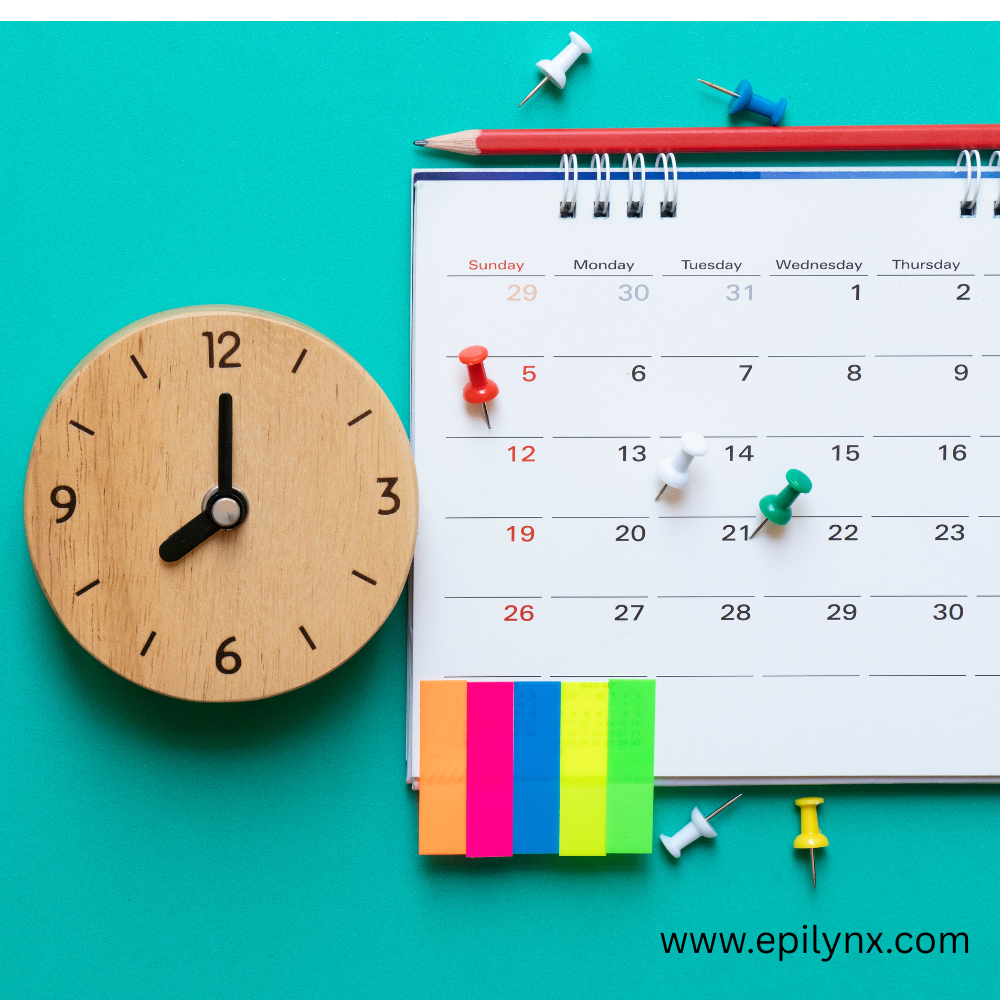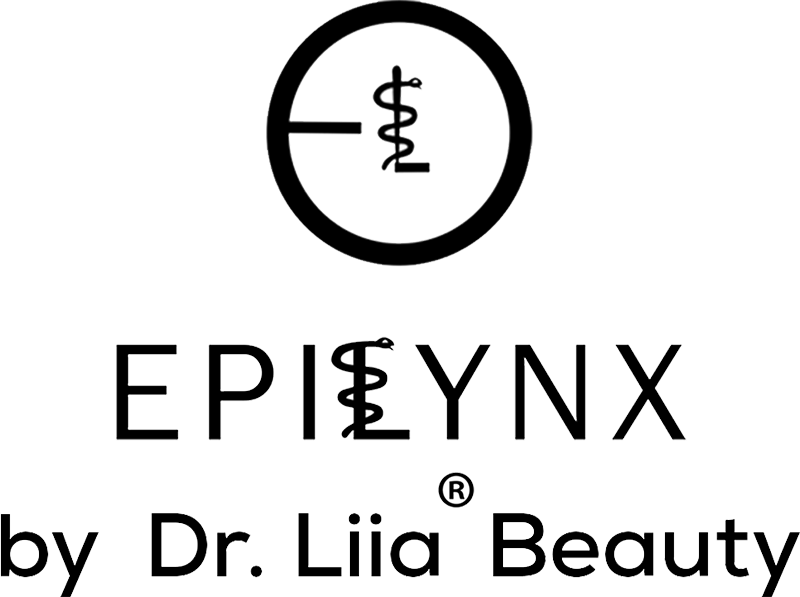Article: The Psychology of Skincare: Why We’re Emotionally Attached to Our Routines (and How to Make Yours Healing, Not Habit)

The Psychology of Skincare: Why We’re Emotionally Attached to Our Routines (and How to Make Yours Healing, Not Habit)
Your Skincare Routine Is Basically a Tiny Emotional Support Ritual 🧴🧘♀️
You know that feeling when you remove your makeup and the world suddenly makes sense again?
That’s not vanity — that’s neuroscience.
Your skincare routine is a sensory cocktail of comfort, control, and chemistry.
It’s part self-care, part science experiment, part religion.
Let’s unpack why we love it, what our brain is secretly doing during that 10-minute ritual, and how to make your skincare emotionally smarter — not just longer.
1. Dopamine, But Make It Dewy ✨
Every time you wash, tone, or moisturize, your brain releases dopamine — the same reward chemical triggered by finishing a to-do list or winning Wordle.
📌 Hard fact: Consistent routines reduce anxiety by creating predictable reward loops.
Your brain literally says:
“Oh, we survived another day? Here’s some glow as a treat.”
✅ EpiLynx truth: Safe, gentle skincare strengthens that feedback loop — no burning, no regret, just your nervous system going, “We’re thriving.”
2. Control in a Chaotic World 🌀
Work deadlines? Global news? Existential dread? You can’t fix that.
But you can exfoliate.
Skincare offers a micro-dose of control — a tiny, tangible victory when everything else feels too big.
📌 Fun fact: Behavioral psychologists call this “micro-mastery” — small, repeated successes that regulate stress.
✅ EpiLynx truth: A ritual that’s allergen-safe and kind to your skin transforms control into care, not compulsion.
3. The Mirror Neuron Therapy Effect 🪞
Ever noticed how watching someone do skincare on TikTok feels soothing?
That’s because of mirror neurons — your brain’s empathy circuits firing as if you’re doing it yourself.
It’s literally contagious calm.
📌 Hard fact: Studies show observing self-care rituals lowers heart rate and cortisol in viewers.
✅ EpiLynx truth: When your own routine is gentle, it becomes visual therapy too. You don’t need filters when peace itself is aesthetic.
4. Touch Is a Drug (and You’re the Dealer) 💆♀️
When you apply moisturizer, your skin releases oxytocin — the same bonding hormone triggered by hugs.
It’s your body’s way of saying, “Self-soothing achieved.”
📌 Science check: Slow, rhythmic touch lowers blood pressure and boosts barrier recovery by 30%.
✅ EpiLynx truth: Our allergen-safe textures are designed for mindful touch. Every glide = neuroscience in action.
5. The Packaging Psychology: Hope in a Jar 🎁
Let’s admit it — we all buy “new serums” when we’re sad.
It’s called anticipatory dopamine: the pleasure of expecting results before they even happen.
That unboxing high? Pure neurochemistry.
📌 Fun fact: Your brain can release serotonin just from the smell or feel of a product associated with safety.
✅ EpiLynx truth: We deliver that sensory joy without risky fragrances or irritants. Just real, tangible comfort chemistry.
6. The Ritual Archetype: From Cleopatra to TikTok 🕯️
Humans have always used ritual to find meaning.
Ancient Egyptians had milk baths. Romans had oils. You have your night serum lineup.
📌 Hard fact: Ritual behavior activates the caudate nucleus, a brain region that reduces anxiety and increases focus.
✅ EpiLynx truth: Ritual isn’t vanity; it’s mental health disguised as moisturizer. Make it sacred by keeping it safe.
7. The Self-Esteem Feedback Loop 💋
Skincare doesn’t just improve skin — it rewires confidence.
When you perceive yourself as cared-for, your brain raises self-worth hormones like endorphins and oxytocin, which in turn lower cortisol.
📌 Hard fact: Self-perception alone can improve barrier recovery by 20%.
✅ EpiLynx truth: Our clean formulations amplify that feedback loop — no reactions, no rash, no betrayal of trust between you and your mirror.
8. The “Skinfluencer” Illusion — and the Reality Check 💡
Your brain releases dopamine not only when you use skincare, but also when you watch it.
The sparkle, the sound of a pump, the glow reveal — all micro-triggers for your reward system.
But chasing that constant stimulation can backfire: overuse, irritation, burnout.
✅ EpiLynx truth: Keep the joy, ditch the noise. Skincare should feel like calm, not content.
9. The Therapy Analogy (And Why It Works) 🛋️
A good therapist listens without judgment.
A good skincare routine should, too.
When your products don’t sting, clog, or betray you, your brain marks that moment as “safe.”
That’s trauma repair in biochemical form.
📌 Fun fact: Predictable, soothing sensations lower amygdala activity — the brain’s fear center — by 18%.
✅ EpiLynx truth: Allergen-safe = emotionally safe. Because the last thing you need from your skincare is another breakup.
10. Habit vs. Healing: The Real Question 💫
If your routine feels like obligation, it’s habit.
If it feels like peace, it’s healing.
📌 Hard fact: True therapeutic rituals balance dopamine (pleasure) with serotonin (contentment).
That’s what creates long-term emotional satisfaction, not short-term product thrills.
✅ EpiLynx truth: We design skincare that fits into healing cycles, not hype cycles. Because glow should last longer than a trend.
Hard Science Corner: Fun Brain-Skin Facts You’ll Brag About 🧠
💡 Touch increases oxytocin within 5 seconds.
💡 Dopamine peaks 20 minutes after a satisfying ritual.
💡 Consistent self-care reduces cortisol levels by 22% in two weeks.
💡 Skin barrier recovery is 1.5× faster when paired with mindful breathing.
💡 The human brain can distinguish 10,000 skincare textures (and will chase its favorite).
📌 Translation: you’re not “addicted to skincare.” You’re wired for it.
Because when your skincare stops triggering anxiety, your brain finally lets you glow.
Final Thought: Your Bathroom Is Your Temple — Worship Wisely 🕯️
You don’t need a 12-step routine or viral serum to feel better.
You just need 10 mindful minutes, one clean product, and a little self-respect.
Skincare isn’t a hobby or a hustle.
It’s your daily conversation with yourself — in texture, temperature, and touch.
Make that conversation kind.
Make it safe.

